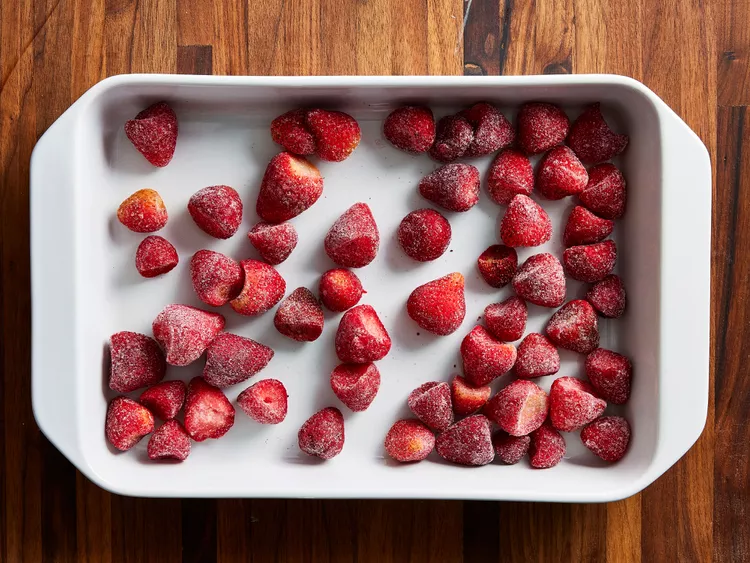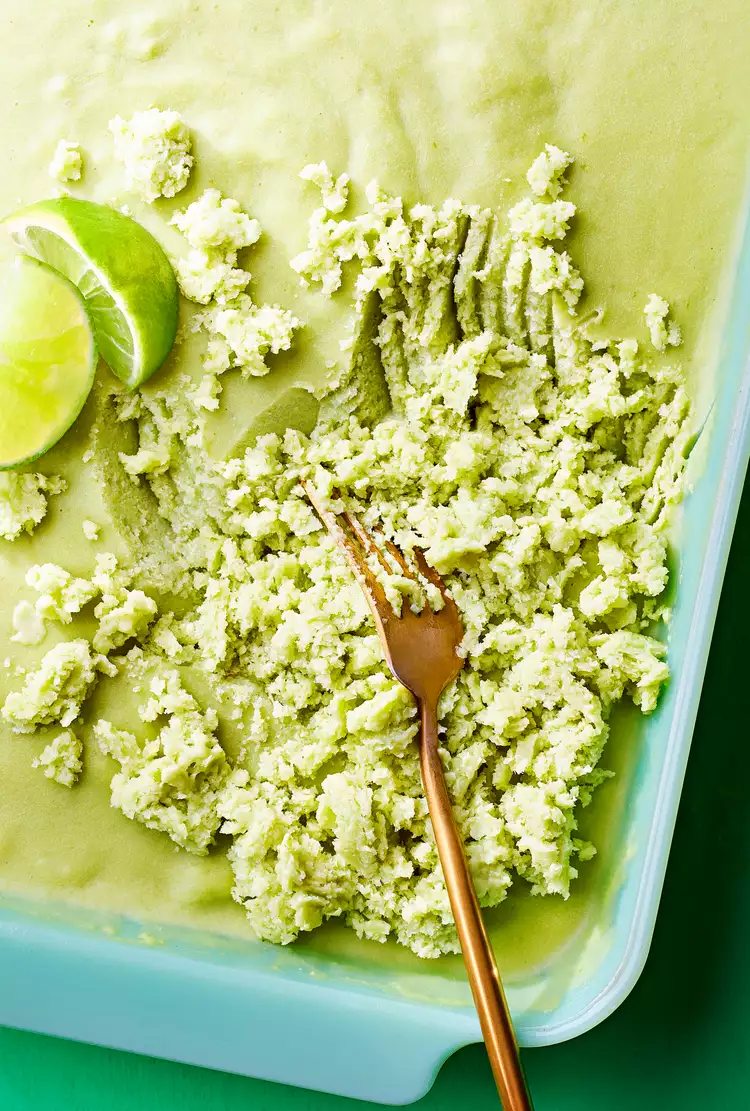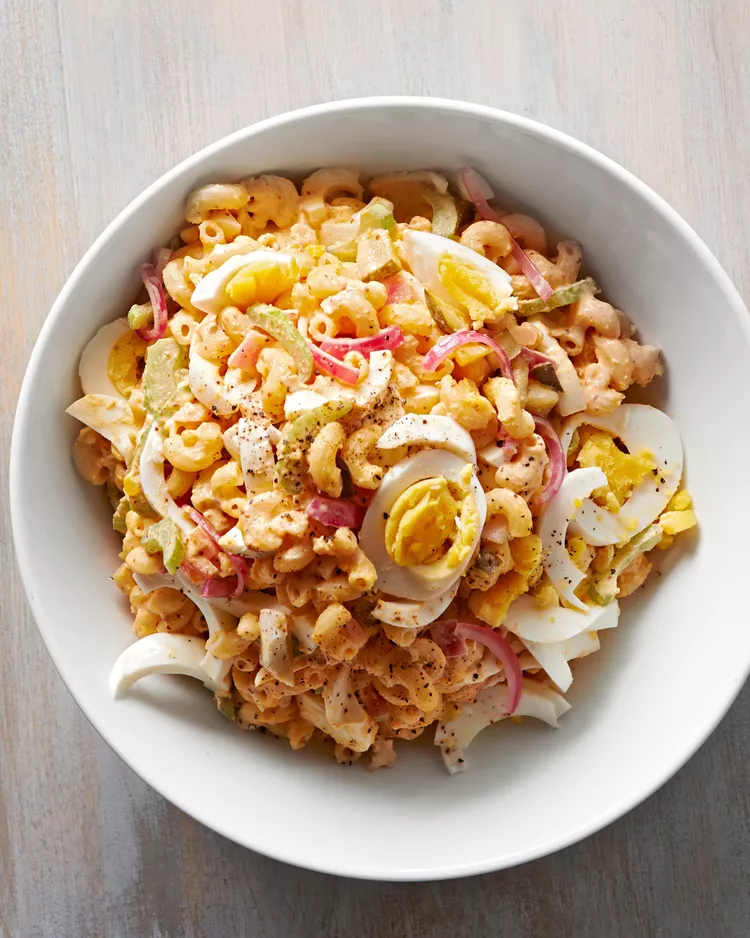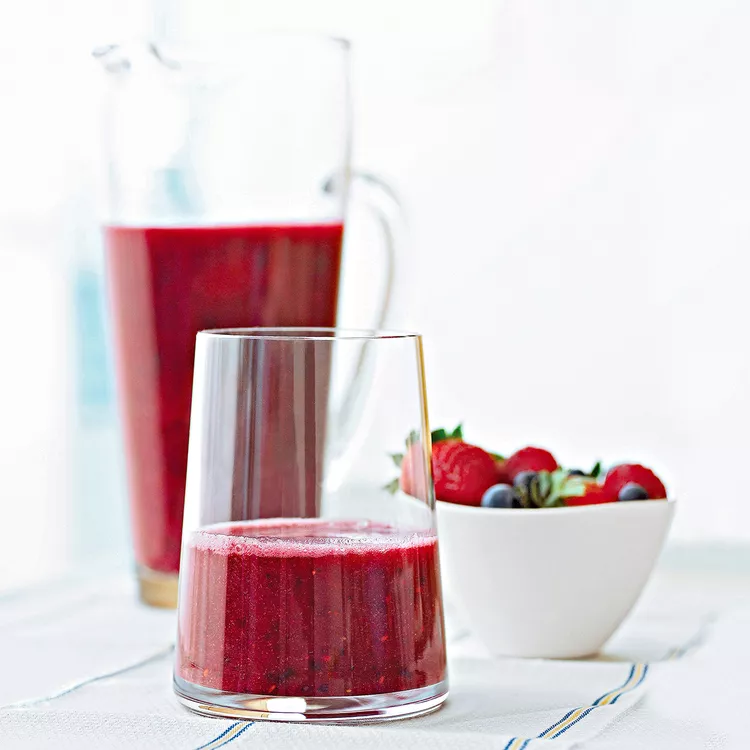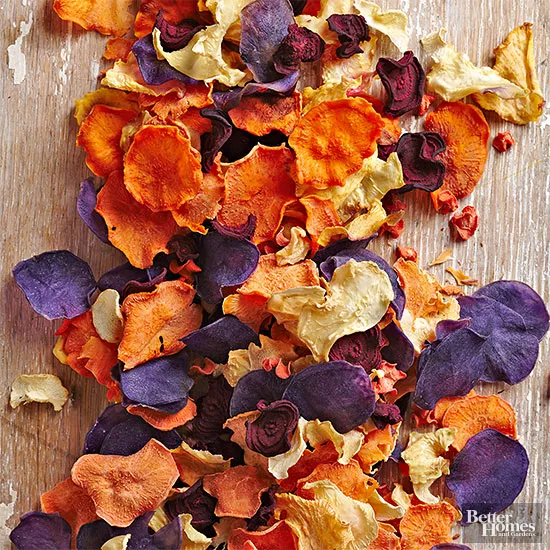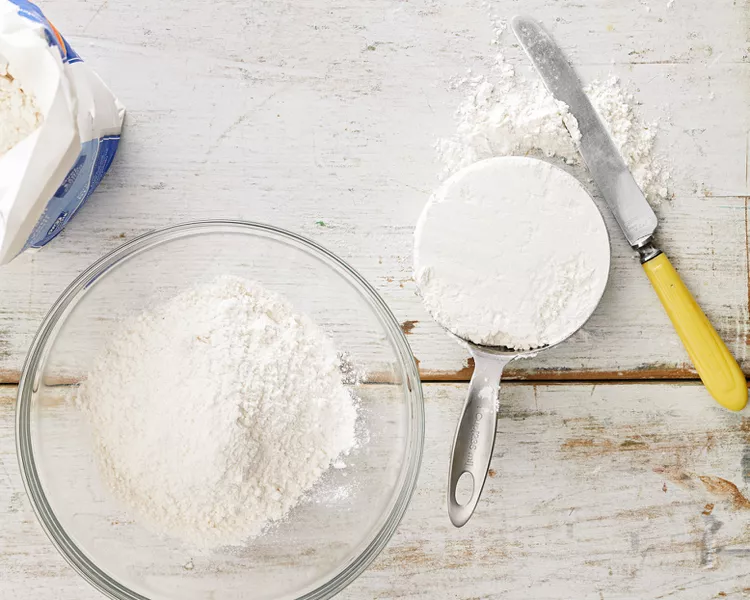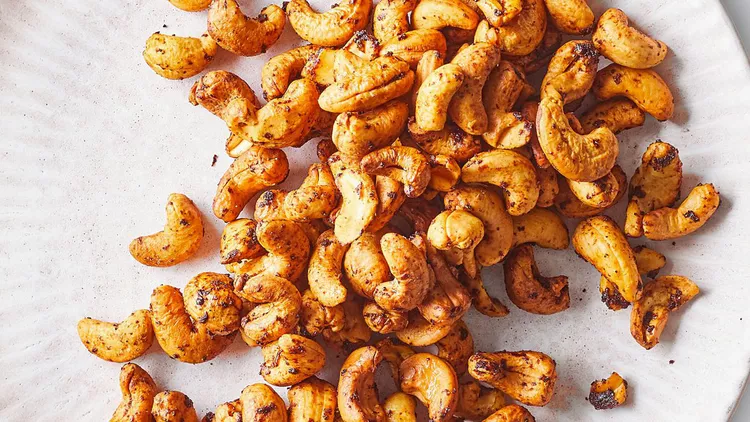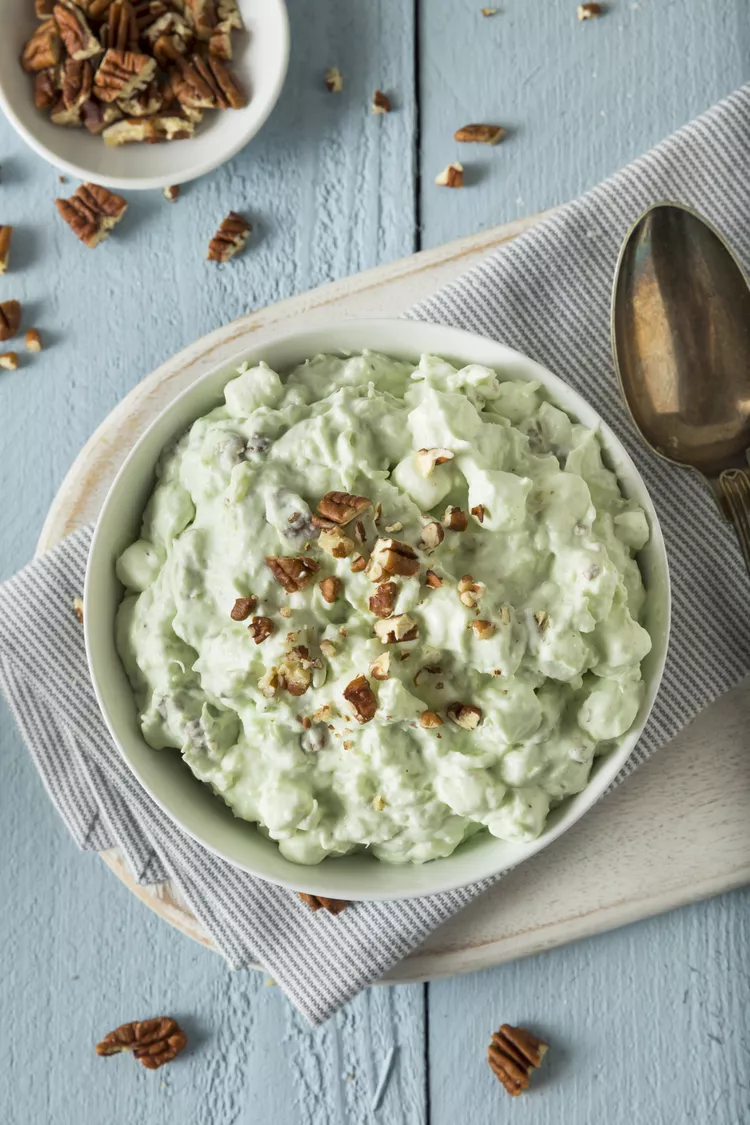There is hardly any food as refreshing as watermelon after spending the day out in the sun. Unlike some other cooling summer foods, watermelon is full of nutrition. One of the many ways to enjoy the irresistible fruit is to consume it in juice form, a trend that has become increasingly popular. In case you wonder whether the juice is good for you or just another sugar-laden health gimmick, here’s what to know about watermelon juice.
Health Benefits of Watermelon
Humans have enjoyed watermelons for thousands of years. The first archaeological evidence of the beautiful pink fruit was found in northeastern Africa, dating back at least 5,000 years ago.
Unlike other members of the cucumber family such as squash, pumpkin, and melons, watermelons stand out by their extreme sweetness and juiciness. However. watermelons don't just taste delicious, they also have considerable nutritional value.
Here is what the colorful fruit contains:
Water
Whether it's the name or the juices running down your chin that give it away, watermelon is a plentiful water source–it has more than 90% water content. Given that the human body is made of mostly water, proper hydration is essential to keep all organ systems healthy, especially the kidneys. Water helps you maintain healthy blood pressure, regular digestion, and efficient detoxification systems.
Fiber
The flesh of watermelon is not a significant source of fiber but the seeds are. While they might not be as tasty as the fruit itself, it’s worth it—fiber helps you maintain healthy digestion, lower cholesterol, and more effectively-regulated blood sugars.
Vitamin C
These melons are loaded with vitamin C—just 2 cups contain 25% of your daily value. This important vitamin is known to boost the immune system, improve skin health, aid in the growth and development of tissues throughout the body, and assist in iron absorption.
Vitamin A
You’ll also find a dose of vitamin A in watermelon—2 cups contains 8% of your daily value. Similar to vitamin C, this nutrient is an inflammation-reducing antioxidant, boosting immune health. It also works to improve eye and skin health.
Potassium
In terms of minerals, watermelon contains modest amounts of potassium (2 cups contains 6% of your daily value), an important electrolyte in the body, which helps maintain fluid balance and healthy blood pressure.
Magnesium
Eating this juicy fruit gives you a source of magnesium (2 cups contains 6% of your daily value), which aids in energy production, muscle and nerve function, and can help support healthy sleep.
Amino Acids
One of the most noteworthy aspects of watermelon’s nutrition profile includes the amino acids citrulline and arginine: These building blocks of protein are two of the 20 amino acids that help form muscle, nerves, cells, and basically any other bodily structure. Studies show that the combination of these two amino acids in watermelon support healthy blood pressure and overall cardio-metabolic health.
Plant Compounds
Finally, watermelon boasts an impressive amount of plant compounds, including kaempferol, lycopene, and carotenoids. These bioactive compounds serve as antioxidants, bolstering the immune response and fighting off free radical molecules that can lead to a number of acute and chronic illnesses. Lycopene and carotenoids are also especially beneficial in maintaining eye health.
Is Watermelon Juice Good for You?
When comparing the benefits of drinking watermelon juice to consuming the whole fruit itself, there are a few factors to consider. First: How was the watermelon juice made? If a juicer was used (which separates the pulp from the juice), then you’ll get most of the nutrients listed above—with the exception of some fiber, as that is mostly left behind in the pulp.
If you use a blender to make your juice, you’ll be consuming the whole fruit along with all of its nutrition. However, this process breaks down some of the fiber, meaning your body will digest the juice faster than if you ate the whole fruit—resulting in a quicker rise in blood sugars.
You’ll also likely drink much more watermelon than you would have eaten, causing you to potentially consume more sugar (though from a nutrient-rich, natural source), again impacting blood sugar levels. Despite these concerns, you’ll still be getting much of the fruit’s overall nutritional benefits, along with its ability to help lower cholesterol levels.
Watch out for sugar or any preservatives that may have been added to your watermelon juice. Added sugar is a major pro-inflammatory agent and its frequent consumption is linked to chronic illness and impaired gut health. While many food preservatives are recognized as considered safe, there’s not much long-term research to fully understand their impact on our health.
How to Juice a Watermelon
The good news about making homemade watermelon juice is that you don't need a juicer to make a batch. Our Test Kitchen recommends the following method for juicing a watermelon without a juicer:
- Remove the seeds and rind, and cut the watermelon into chunks.
- Blend the pulp.
- Strain through a fine mesh sieve.
That's it!
Watermelon Juice: The Bottom Line
It’s undeniable that watermelon is good for us on so many levels, and while enjoying the fruit (and maybe even the seeds!) in its whole form is ideal, watermelon juice also makes for a healthy choice if you are mindful of a few things to avoid.
Try making this refreshing beverage in a blender as opposed to a juicer, and avoid brands with added sugar or preservatives if you’re buying it at your local market. Enjoying watermelon in either the fruit or liquid form a few times per week is plenty to fully reap all of the health benefits it has to offer.
